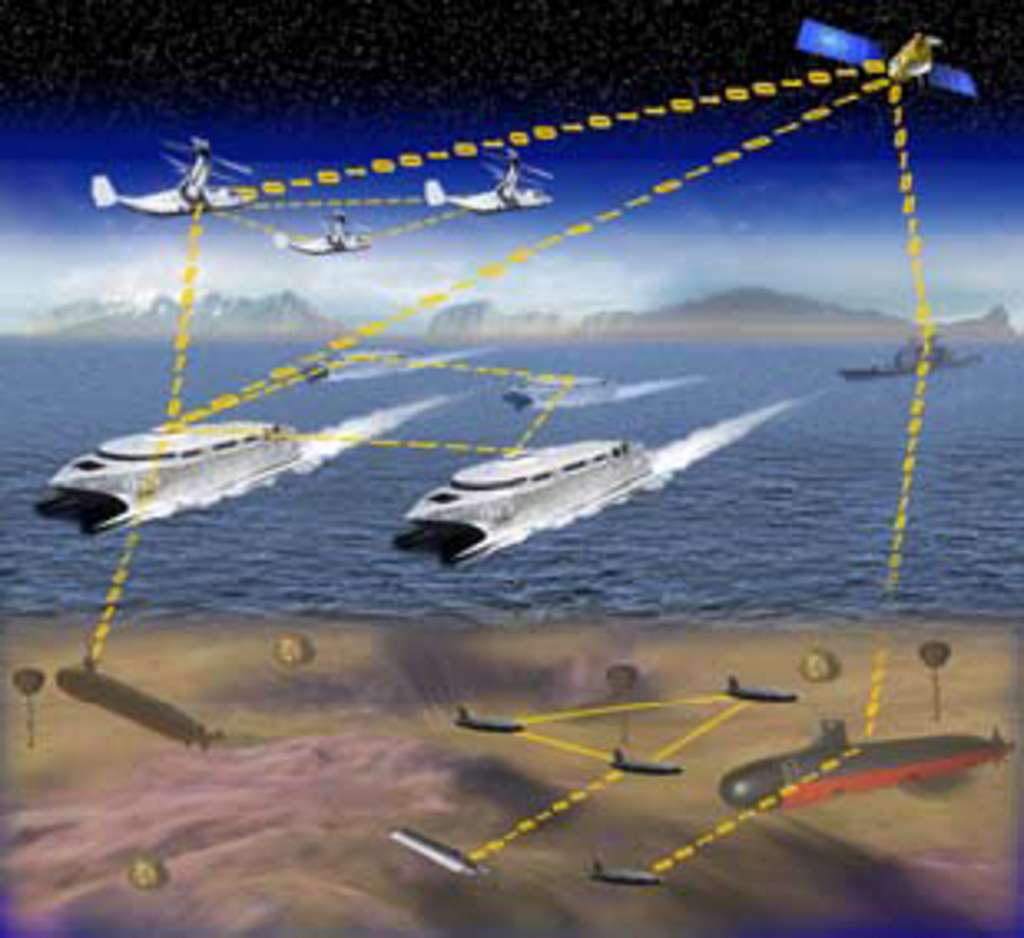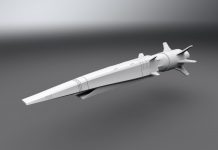
French Navy Advances Networked Warfare Capabilities with RIFAN 3 Contract
Airbus Defence and Space, in collaboration with Naval Group, has secured a contract valued at up to €480 million (US$504 million) to modernize the French Navy’s communications infrastructure, a critical step in enabling network-centric warfare.
As the prime contractor, Airbus leads an industrial consortium tasked with integrating the RIFAN 3 system across more than 80 naval platforms, including the aircraft carrier Charles de Gaulle, amphibious assault ships, frigates, and submarines. The deployment phase is scheduled between 2028 and 2032.
RIFAN 3 represents a significant evolution in naval communications, designed to enhance interoperability and resilience in contested environments. The system will equip frontline warships with high-speed, low-latency connectivity, facilitating real-time data exchange for collaborative combat operations. Given the increasing prevalence of cyber threats, the upgraded network incorporates advanced security protocols to safeguard critical military communications.
“This upgrade marks a transition toward fully networked naval combat, integrating all assets and platforms within a secure, adaptive framework,” said Eric Even, head of space digital at Airbus Defence and Space.
The current RIFAN 2 network, commissioned between 2012 and 2016, provides secure IP-based communications across various security classifications. The next-generation system will introduce rapid reconfiguration capabilities, ensuring communication resilience in dynamic operational scenarios.
Lessons from recent conflicts, including extensive electronic warfare in Ukraine, underscore the necessity of robust, multi-layered communication networks. The French Navy’s carrier strike group routinely trains under degraded conditions, including GPS and satellite-denied environments, to ensure operational continuity.
The contract extends over a decade, covering the RIFAN 3 development phase from 2026 to 2030, as well as deployment and ongoing maintenance. Airbus has highlighted several key enhancements, including high-speed line-of-sight communications, a unified IP telephony system, and optimized resource management. French defense firms such as Safran and Cailabs are also contributing to secure optical communication technologies that could support ship-to-ship data transfers.
By reinforcing its digital battlespace capabilities, the French Navy is positioning itself at the forefront of network-centric maritime warfare, ensuring operational superiority in future engagements.




